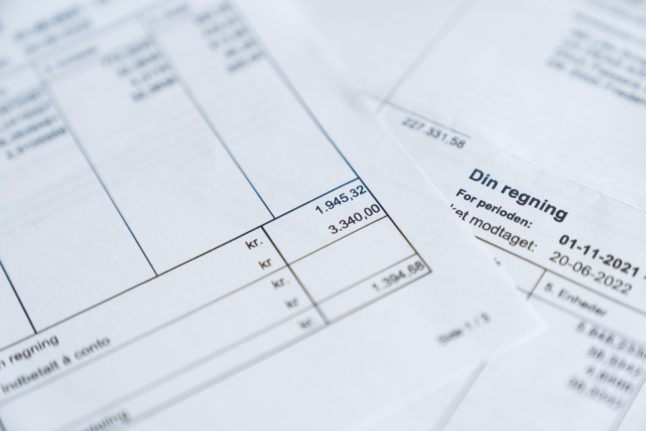The café, Original Coffee, refused for four months to accept cash, broadcaster DR writes.
Copenhagen City Court rules on Friday that it thereby was in breach of rules protecting the use of cash under Danish law.
The state ombudsman for consumers filed a report against the café with police. It was found to have broken the law and must therefore pay a 40,000-krone penalty.
Under Danish law, businesses must accept cash between 6am and 10pm unless the transaction is remote – for example online – or at an unstaffed outlet such as a self-service petrol station.
The café said it had chosen not to accept cash because of the Covid-19 pandemic as well as a lack of change and the risk of break-ins. It reintroduced cash payments on February 1st this year.
It is unclear whether the business will appeal against the decision.
READ ALSO: Denmark will eventually be cash-free: expert



 Please whitelist us to continue reading.
Please whitelist us to continue reading.
Member comments